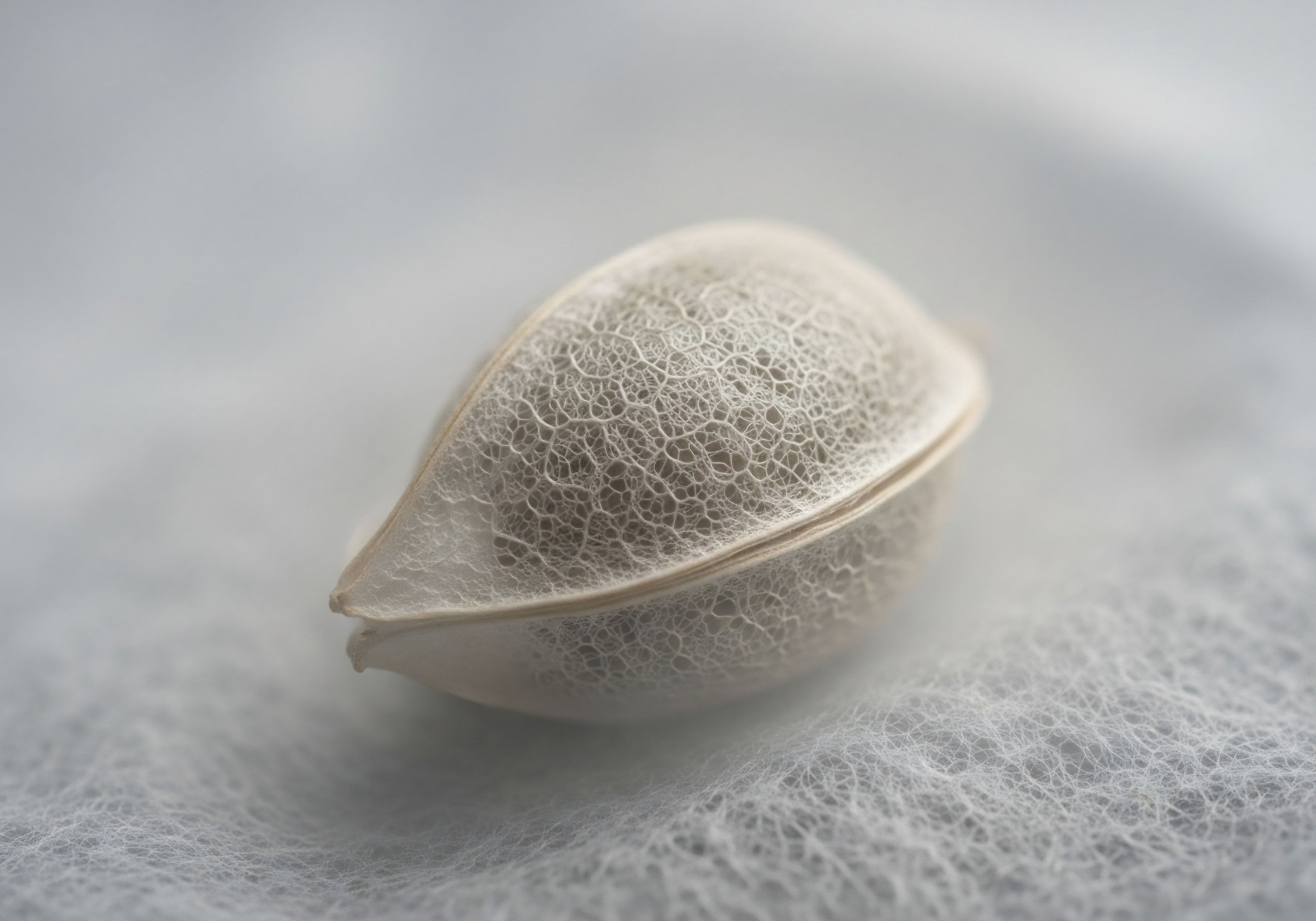Reclaim Your Prime Biological Command

Restore your master endocrine signals with clinical precision to achieve the high-output vitality of your genetic prime.
HRTioOctober 5, 2025

